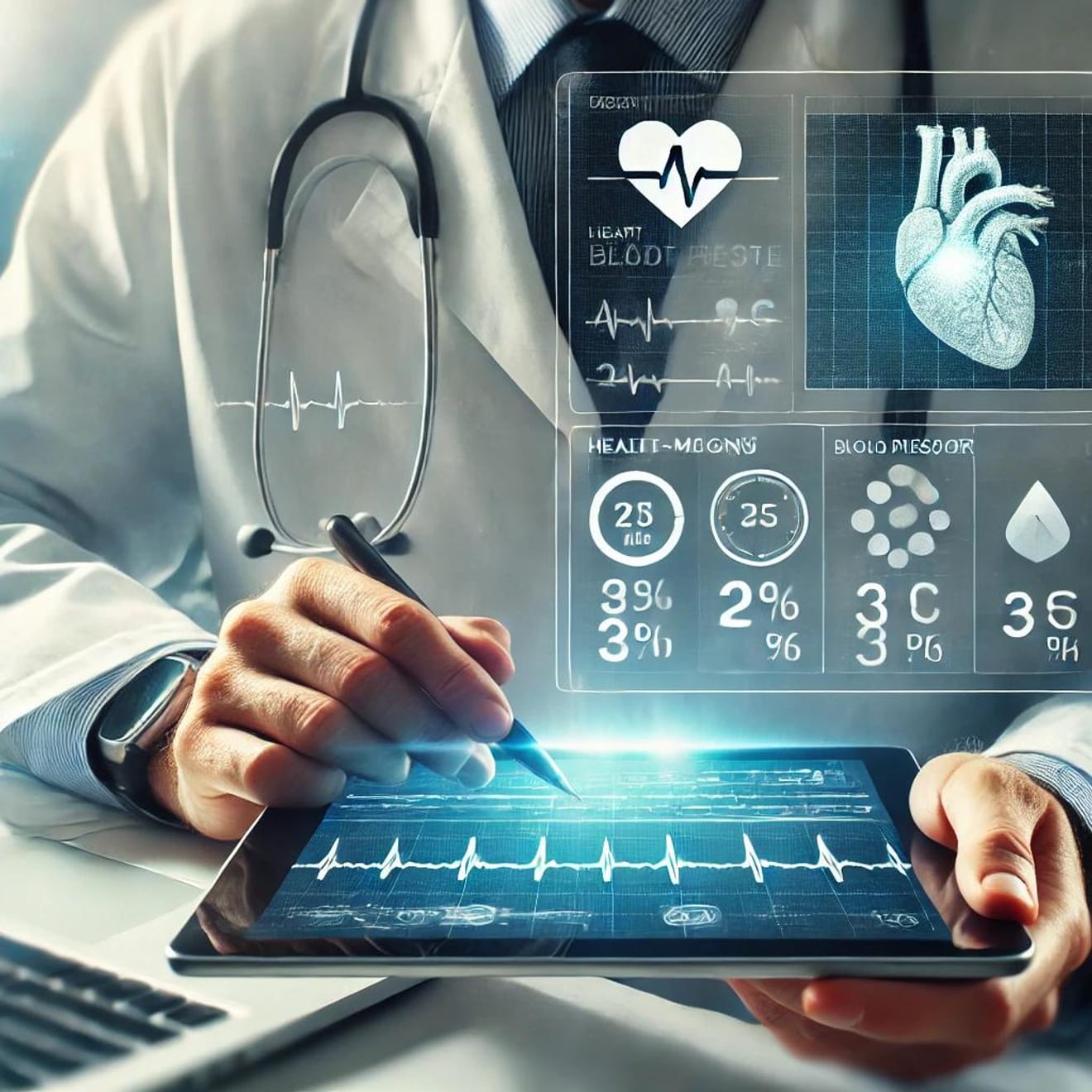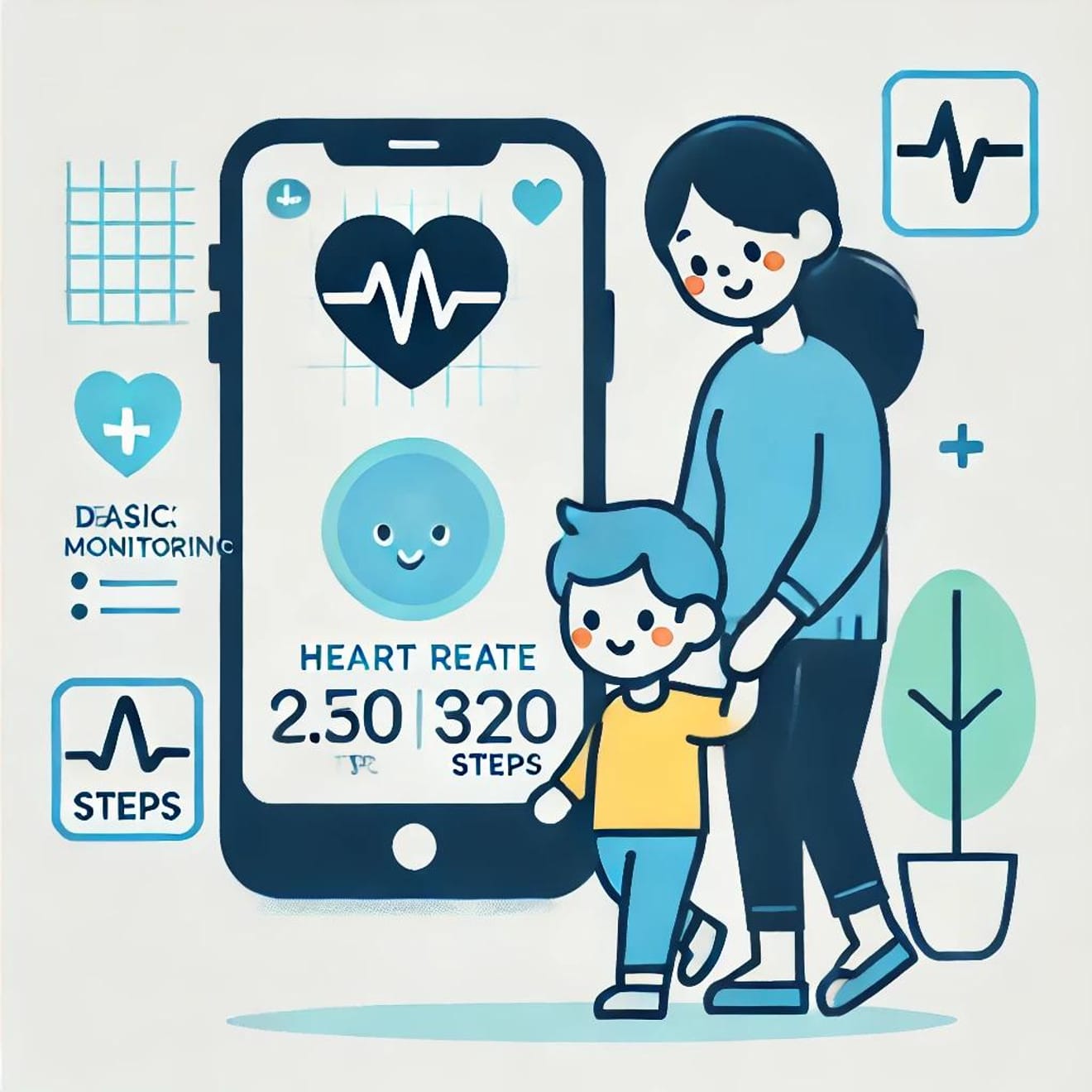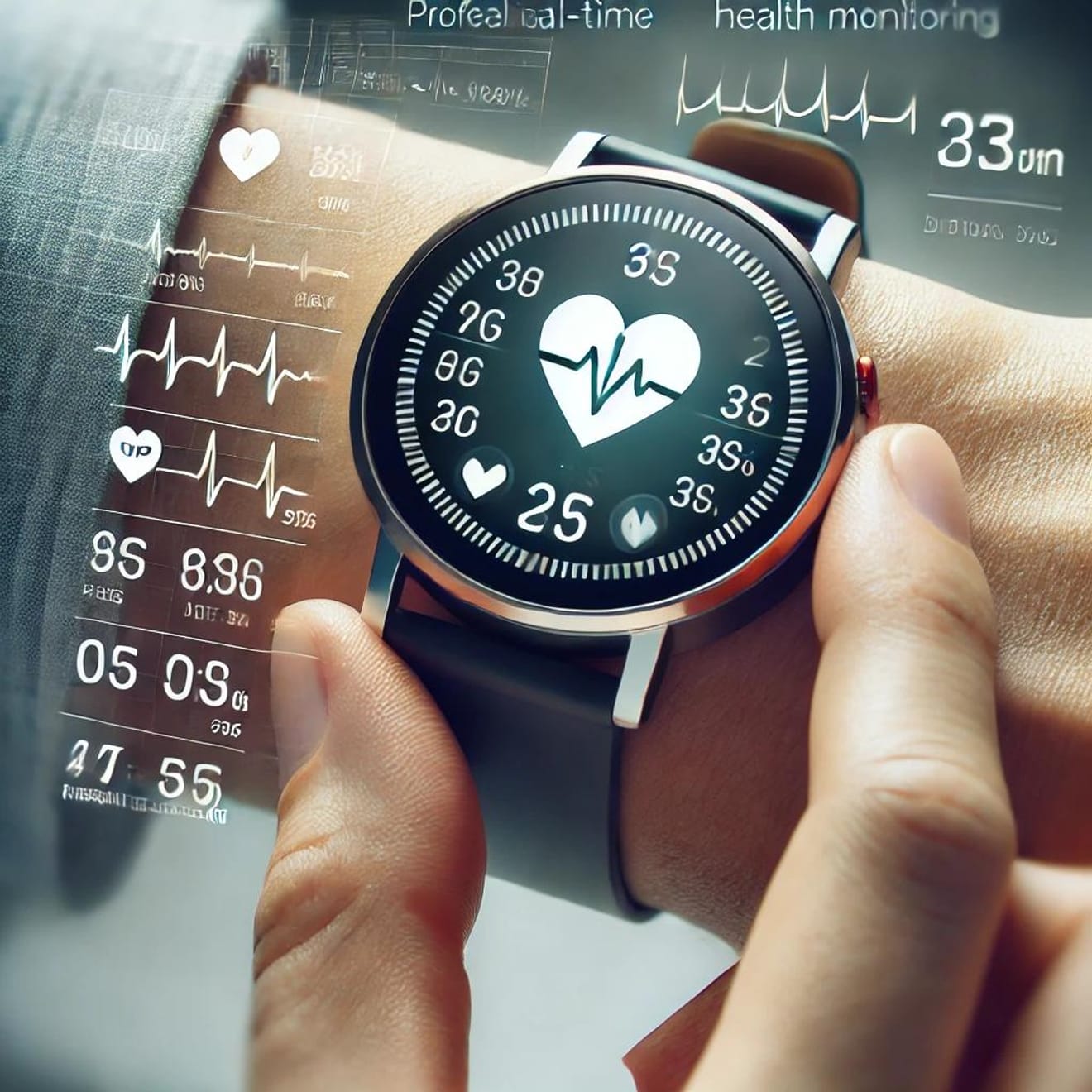Health management has moved beyond simply treating illnesses after they occur; it's now an era of disease prevention and prediction. At the heart of this change are biomarkers and real-time health monitoring technology. Biomarkers are crucial tools for identifying changes in the body or early warning signs of disease, allowing us to predict and prevent illnesses. This article will discuss how biomarkers and real-time health monitoring detect early warning signs of disease and contribute to preventive health management.

1. What are Biomarkers?
Biomarkers are biological indicators that represent physiological, pathological, or pharmacological states. These markers can be extracted from blood, urine, saliva, etc., and are used as indicators of the presence of a disease or its progression. For example, blood sugar levels and cholesterol levels are important biomarkers associated with various diseases, particularly cardiovascular diseases.
Biomarkers play a crucial role not only in disease diagnosis but also in preventive health management. Through biomarkers, we can detect diseases before they occur and take appropriate preventive measures. Recently, genetic analysis has enabled us to find more accurate biomarkers. These technologies enable early diagnosis and personalized treatment.
2. Advancement of Real-time Health Monitoring
Real-time health monitoring technology uses the latest wearable devices and smartphone apps to continuously track health status. For example, smartwatches or fitness trackers can measure and record a user's heart rate, blood pressure, sleep patterns, steps taken, and calorie consumption in real time. These devices are important tools for measuring biomarkers, monitoring the user's health status, and detecting abnormal signals early.
The advancement of real-time monitoring technology is fundamentally changing the way we manage our health. Through real-time data analysis, users can check their health status at any time and receive immediate alerts if abnormalities occur. These alerts can be linked to medical professionals to enable rapid responses.

3. The Combination of Biomarkers and Real-time Health Monitoring
Biomarkers and real-time health monitoring work together to create a more sophisticated health management system. For example, to prevent heart disease, a user can measure real-time data such as heart rate and blood pressure through a smartwatch and combine it with biomarkers such as blood tests or cholesterol levels to predict risk factors.
This system provides accurate health predictions through data integration and helps users detect warning signs early. For example, if a smartwatch detects a sudden change in heart rate, it could be an early sign of heart disease. At this time, the user can connect with a medical professional for more in-depth testing.
4. How to Detect Early Warning Signs of Disease
Early warning signs of disease refer to subtle changes in the body that occur before the onset of the disease. Biomarker and real-time health monitoring systems play an important role in detecting these warning signs. For example, periodically measuring blood sugar levels is a biomarker for preventing diabetes. High blood pressure and high cholesterol levels are also early warning signs of cardiovascular disease.
By detecting these warning signs early, users can take preventive measures before the disease fully develops. For example, a user who finds their blood sugar levels elevated can prevent diabetes through diet, exercise, and medication.
5. The Future of Health Management: Predictable Health
The combination of biomarkers and real-time monitoring technology enables predictable health management. In the past, it was common to start treatment after a disease occurred, but now the focus is shifting towards predicting and preventing disease. This change is causing a major revolution in the medical field, and in the future, accurate health predictions will allow more people to maintain healthy lives.
In particular, the advancement of AI and machine learning technology is making health prediction systems more sophisticated, enabling personalized prevention and treatment. These technologies analyze large amounts of data to predict the likelihood of disease onset and provide users with personalized health management plans.

Biomarkers and real-time health monitoring technology are ushering in a new era of health management. They play a crucial role in detecting early warning signs of disease and providing personalized prevention and treatment. Preventive health management and accurate health prediction are no longer a distant future but a reality, and increasingly, more people will be able to maintain their health and prevent disease through these systems.
Comments0